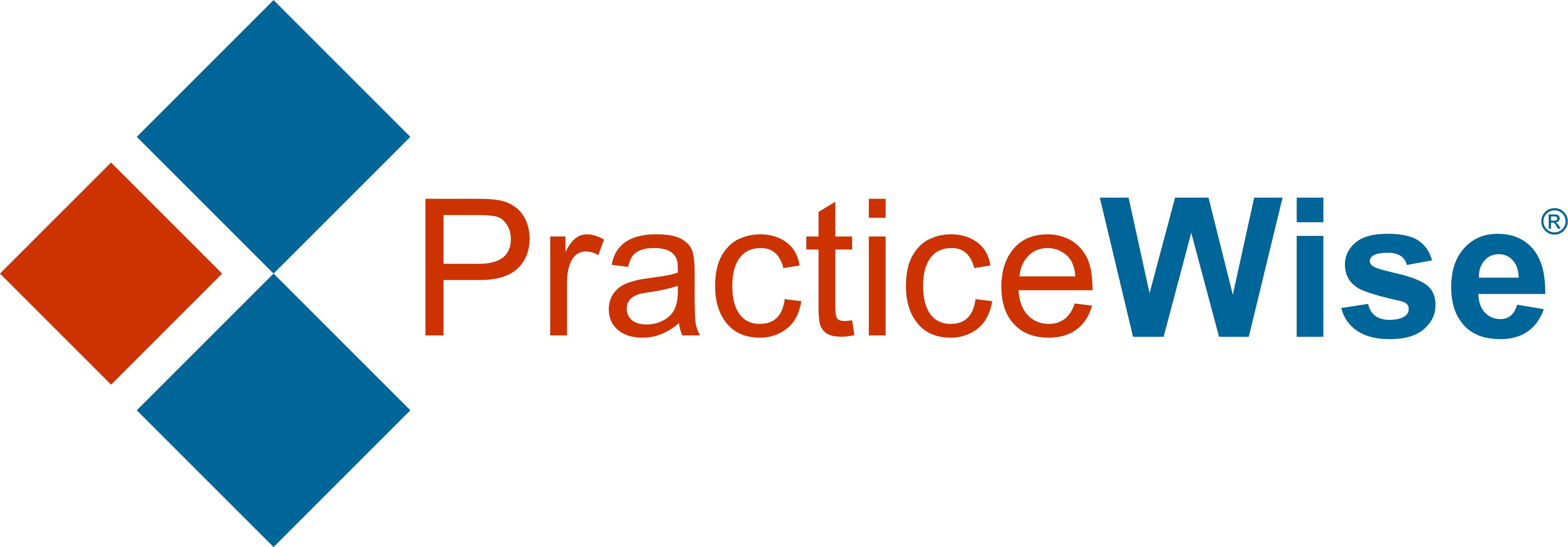Reaching as many young people as possible is one of the goals of mental and behavioral health practitioners. Effective Evidence-Based Practices in mental health are key to helping children and youth reach their goals. PracticeWise’s MAP and MATCH-ADTC are effective tools in aiding practitioners as they implement best practices for their clients. Both of our programs are being widely used throughout L.A. County and across California as the state makes a concerted effort to focus on the mental and behavioral health needs of children and youth.
PracticeWise strives to bring science and evidence together so practitioners and clinicians have everything they need to help their young clients. MAP and MATCH-ADTC programs allow practitioners and clinicians to treat a wide variety of mental and behavioral health issues by implementing Evidence-Based Practices. L.A. County, as well as other parts of California, are leveraging these programs as practitioners and clinicians are able to provide trauma-informed and community-defined practices.
This article will take a deeper look at California’s efforts in the areas of mental and behavioral health initiatives for children and youth, as well as the role PracticeWise is playing in this important endeavor. MAP and MATCH programs are already making an impact, and we believe they will continue to do so.
Children and Youth Behavioral Health Initiative of California
The Children and Youth Behavioral Initiative is a California initiative seeking to overcome barriers to wellness for its youth population. Its goal includes making mental and behavioral health help more accessible by meeting young people where they are, such as schools and college campuses. It is part of California’s Master Plan for Kids’ Mental Health, a groundbreaking initiative to give grants to programs focused on specific areas of mental and behavioral health.
In December 2023, California’s Department of Health Care Services awarded $150 million in grants to 262 organizations supporting the mental health and wellness of minors and young adults. These grants are all part of the Children and Youth Behavioral Initiative The grants are being distributed in “rounds.” Each round focuses on a different area of need; therefore, different organizations will qualify based on their specialties.
MATCH-ADTC and the Children and Youth Behavioral Health Initiative
Round 2 of the Children and Youth Behavioral Health Initiative focuses on Trauma-Informed Programs and Practices. These programs and practices are designed to help children affected by adverse childhood experiences, “ACEs.” This may stem from an individual trauma or a community trauma, such as a riot or the effects of the COVID pandemic. This round of grants will expand access to trauma-informed behavioral health services in over 50 California counties.
MATCH-ADTC, Modular Approach to Therapy for Children with Anxiety, Depression, Trauma, or Conduct Problems, is one of PracticeWise’s Evidence-Based Practices offered to clinicians and practitioners. Our unique system combines 33 procedures drawn from the most successful EBPs into a single, flexible system. It allows for comorbidity and therapeutic roadblocks, making it applicable to whatever your client may be facing.
MATCH-ADTC was named as a prioritized Evidence-Based Practice for funding in Round 2, Trauma-Informed Programs and Practices, of the Children and Youth Behavioral Health Initiative. This will allow MATCH to be even more widely used across California to help more children who have faced trauma and are courageously working through it. Many of PracticeWise’s partners will be included in this grant, allowing a greater number of children to receive help through MATCH than ever before.
MAP and MATCH as Community-Defined Programs and Practices
Round 6 of the Children and Youth Behavioral Health Initiative will award grants to Community-Defined Evidence Programs and Practices. The programs and practices are designed to provide culturally relevant behavioral health services. The grant will serve to help these programs and practices provide culturally competent prevention and early intervention services.
Both MAP and MATCH programs are excellent for Commmunity-Defined Programs and Practices. The MAP program, Managing and Adapting Practice, offers PWEBS (our research database), practitioner guides, and clinical dashboards to measure progress. If you are interested in joining our next MAP training, please register here. The MAP program is widely used across L.A. County and other areas of California as a Community-Defined Program. MATCH is our amazing Evidence-Based Practice system and is an excellent tool for Community-Defined Programs. Register here to join our next MATCH training.
MAP Is the Highest Claimed Evidence-Based Practice in the Los Angeles County Department of Mental Health
A 33-month study was conducted on Evidence-Based Practices in Los Angeles County. A total of 33,366 children were served by 64 different agencies. MAP had the highest volume and volume ratio of the EBPs studied. It addressed the broadest range of target problems and ages. This study shows MAP has great sustainability, reaching a broad spectrum of young people as it allows the practitioner access to research and practitioner guides to address a wide variety of mental and behavioral concerns.
Summary
As California seeks to make mental and behavioral health help more readily available to its children and youth, its Department of Health Care Services is awarding grants to organizations that are striving to meet mental and behavioral health needs in young people. PracticeWise’s MATCH-ADTC Evidence-Based Practice program was prioritized in Round 2 of these grants for Trauma-Informed Programs and Practices. Both our MAP and MATCH programs are excellent tools for clinicians and practitioners seeking to better reach youth by using these community-defined programs and practices. MAP is the highest claimed EBP in the L.A. County Department of Mental Health. Our programs are being widely used in L.A. County, as well as other areas of California. We strive to continue to be a transformative part of the solution for mental and behavioral health in California’s child and youth populations.







